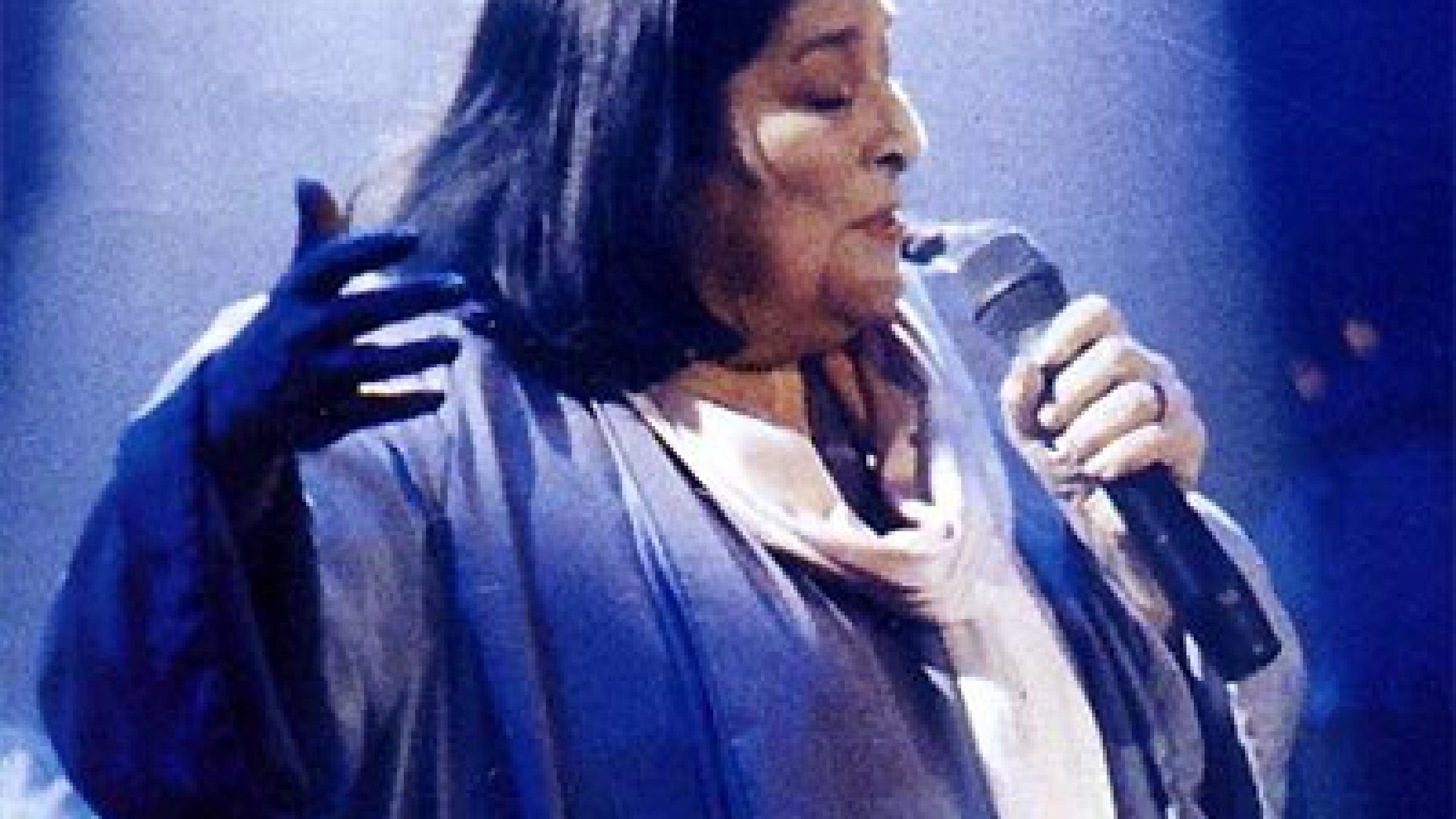Mercedes Sosa: A Complex Folk Singer and Icon of Argentina's Nueva Canción Movement
Introduction
Mercedes Sosa (1935-2009), known as "La Negra," was an Argentinian folk singer and a prominent figure in the Nueva Canción movement. Her music and activism made her an enduring symbol of resistance against oppression and injustice, captivating audiences worldwide. This essay critically examines the complexities of Sosa's life and legacy, exploring her artistry, political engagement, and the multifaceted nature of her iconic status.
Folk Singer and Artistic Virtuosity
Sosa's unparalleled vocal abilities and transformative performances captivated millions. Her deep and soulful voice resonated with the raw emotions of her songs, which drew inspiration from traditional Argentinian folk music, as well as Latin American and Andean rhythms. Sosa's interpretations of classic songs like "Alfonsina y el mar" and "Gracias a la vida" became iconic, showcasing her profound understanding of the human experience and her ability to evoke both sorrow and hope.
An Icon of the Nueva Canción Movement
The Nueva Canción movement emerged in the 1960s as a platform for social and political commentary in Latin America. Sosa became a central figure in this movement, using her voice to amplify the voices of the marginalized and speak out against authoritarian regimes. Her performances at festivals and concert halls became rallying points for activists and dissidents, who found solace and inspiration in her music.
Political Activism and Exile
Sosa's music was inextricably linked to her political activism. Her outspoken support for progressive causes drew the ire of oppressive governments, particularly during the military dictatorship in Argentina from 1976-1983. She was forced into exile and her music was banned, but she continued to perform internationally, becoming a symbol of resistance for Argentinians and other oppressed peoples worldwide.
Artistic Evolution and Broader Impact
Throughout her career, Sosa evolved musically, incorporating elements from jazz, tango, and international folk traditions. This artistic openness allowed her to connect with diverse audiences and communicate her message of social justice across borders. Her influence extended beyond her music, inspiring countless other artists, activists, and movements seeking to create a more equitable and just world.
Complexities of Icon Status
Sosa's iconic status raises complex questions about the nature of celebrity and the legacies of public figures. Some critics argue that her political activism overshadowed her artistic merits, while others contend that her music and activism were inextricably intertwined. Her legacy is not without its controversies, including accusations of leveraging her fame for personal gain and discrepancies between her public image and private life.
Recognition and Honors
Despite these complexities, Sosa received numerous awards and accolades throughout her career, including 11 Latin Grammy Awards, the UNESCO Artist for Peace designation, and the French Legion of Honour. Her legacy continues to be celebrated and honored in Argentina and beyond, through tributes, concerts, and educational programs that aim to preserve her music and message.
Historical and Cultural Significance
Mercedes Sosa's life and work serve as a testament to the power of music as a tool for social change and cultural expression. Her ability to transcend political boundaries and connect with audiences on a deeply emotional level made her an enduring symbol of hope and resistance. Her legacy continues to inspire and empower generations, reminding us of the importance of using our voices to speak out against oppression and strive for a more just and equitable world.
Conclusion
Mercedes Sosa's complexities as an artist, political activist, and icon reflect the multifaceted nature of her life and legacy. Her music and activism resonated deeply with millions of people, inspiring both artistic expression and social transformation. Her enduring impact as a symbol of resistance and hope continues to shape our understanding of the role of art in society and the transformative power of the human voice.
All 71 Miss World Winners: Who Took The Crown In Each Year?
Ben Affleck: The Director And Actor Who Shaped Modern Cinema
Kim Jong-hyun: The SHINee Member Whose Tragic Death Sparked Conversations



